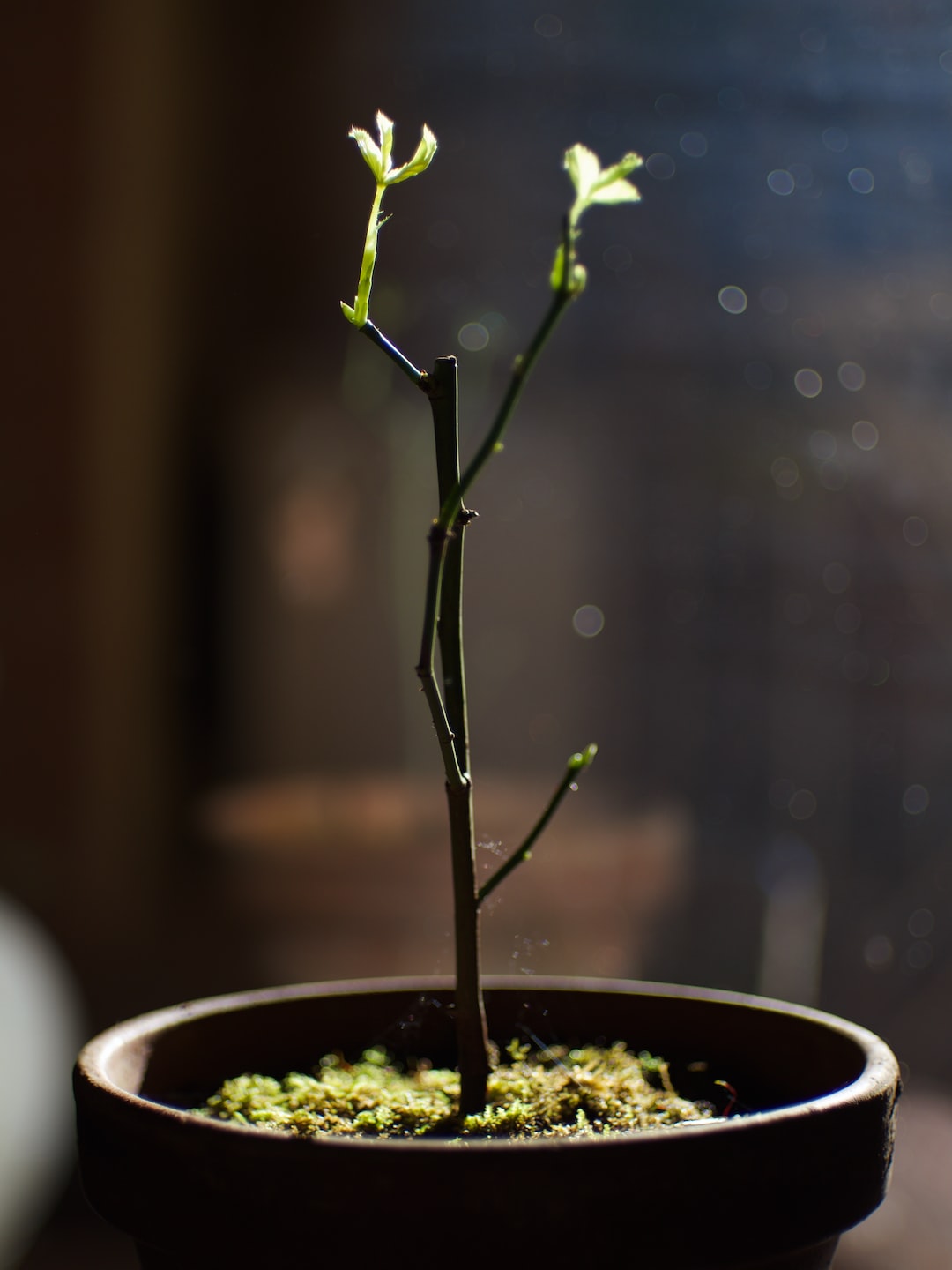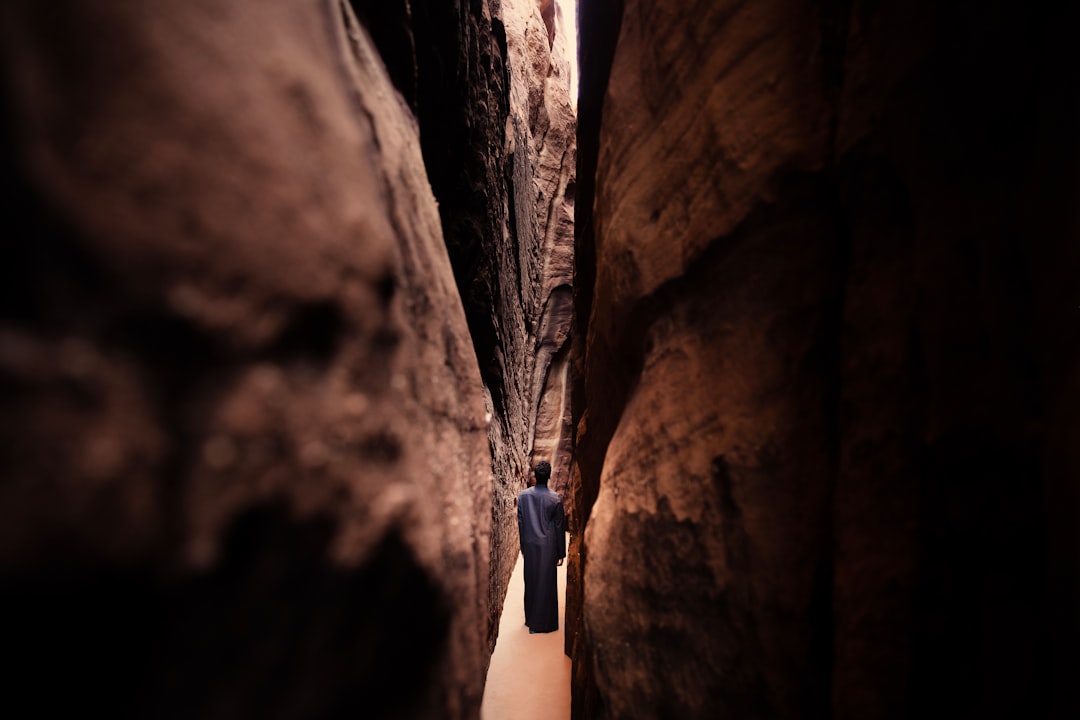Mindfulness Meditations
Mindfulness | Meditations
How To Use Mindful Meditations to Bring Calm, peace, & fulfillment in your life
If you're exhausted and tired of being tired Find the Meditation you need in this moment...
Bold Self-Love =
personal achievement
professional success
joyful fulfilled life
Mindfulness keeps us connected to the present moment, aware of our thoughts, feelings, & the central truth of our experiences
Mindfulness meditation has been practiced around the world for thousands of years as a way to reduce stress, anxiety, pain, and the negative thoughts that prevent us from realizing happiness and peace in the present moment.
Tools
when You're seeking meaning & Truth in Your life
Perception is like a mirror. We tend to see the world not as it is, but as we are. With mindfulness, the mirror of perception is cleansed, and we learn to see our world without judgment or resistance. Preferably, we learn to perceive our experiences through the lenses of peace & love.
Mindfulness allows us to fully, intimately, and kindly engage with our life just as it is. Through mindfulness, we develop an understanding of the connectedness of all things, which leads to greater tolerance and compassion for ourselves and others. Further, we are offered an opportunity to experience a deep sense of gratitude for our unique path in life.
There are many tools I used in my journey to health and wellness but none are as effective as mindfulness and meditation. Continue reading to get access to the secret weapon that pulled me from the darkest, most painful, and most difficult times. What tool helped save my life...
Meditation is a lifestyle. Approaching each moment of life as a moment to practice mindfullness, we embrace an awakened state of BEING. In this elevated state, we experience the joy, success, love, presence, peace and purpose that we all deserve.
Andrea Callahan
mindfulness meditations help you live in the moment for extended joy
Mindfulness Meditations
Being mindful takes practice. You must do mindful exercises to strengthen the mindfulness muscle. You must invest in yourself to live a life of joy.
COMPASSION, LOVE, & FORGIVENESS
Mindful meditations
STRESS & ANXIETY
Mindful Meditations
GRATITUDE
Mindful Meditations
MINDFULNESS OF EMOTIONS & THOUGHTS
Mindful Meditations
PAIN MANAGEMENT
Mindful Meditations
SLEEP
Mindful Meditations
LEADERSHIP, CONFIDENCE, FOCUS & ENERGY
Mindful Meditations
CONSCIOUSNESS, HIGHER SELF, & WISDOM
Mindful Meditations
ADDICTION, TRAUMA, & HEALING
Mindful Meditations
SENSORY, BODY SCAN, & MOVEMENT
Mindful Meditations
FAMILY, KIDS, & RELATIONSHIPS
Mindful Meditations
RELAXATION, PRESENCE, HAPPINESS, & ACCEPTANCE
Mindful Meditations
Andrea Callahan
Principal brand manager & mindfulness instructor
My why...
I AM a messenger of love sent here to remind you to stand tall in our authentic brilliance. Why? Because you are worthy. Knowing your value shifts your intention. Clarity about your life's purpose changes how you move through life. When you are clear about who you are, your brilliance becomes evident. Being authentic transforms the possibilities. As your confidence grows so do your expectations. Be brave.
My intention is to guide you to attract peace, joy & love - through mindfulness.
Be well,
Dray
offer
join Us On A Mindfulness Lifestyle Journey...It's free!
The workout plan begins here. Are you ready to exercise your mindfulness? Here is your special invitation to join our Mindfulness Lifestyle Members Only Area to find out.
Receive daily mindfulness exercises, meditations, worksheets, and inspiration to help you start each day, more mindful.
Start experiencing more calm, peace, energy, and joy - in the moments where you need it most. You can start today, FREE if you are willing to invest 15 minutes a day, for at least 101 days.
The richness of present-moment experience is the richness of life itself. Too often we let our thinking and our beliefs about what we ‘know’ prevent us from seeing things as they really are.
Kabat-Zinn, 2005
jon Kabat-Zinn is the founder of the Center for Mindfulness in Medicine, Health Care, & Society at UMass Medical School.
LAUNCHING SOON!
The Mindfulness lifestyle
complimentary access to private membership dedicated to your well-being
Mental Wellness
Reduce stress, anxiety. Improve emotional balance.
Physical Wellness
Improve sleep, reduce pain. Decrease inflammation.
Emotional Wellness
Greater harmony. Experience more joy. Feel more fulfilled.
Sign up, it's free!
What is meditation?
MEDITATION IS NOT ABOUT CONTROLLING YOUR THOUGHTS
Meditation can be defined in many ways. However, the simplest way to think of it is as a brain-training mechanism for achieving greater awareness, concentration, calmness, and positive emotions.
Although, each meditation session will be slightly different each includes a variety of techniques and methods designed to train attention and awareness, quiet the mind and connect with internal thoughts and feelings.
Why should I meditate?
MEDITATION IS GOOD FOR YOUR HEALTH.
Mindfulness meditation is a useful tool for developing peace of mind, reducing stress, and offering relaxation; but it’s also much more than that. Mindfulness helps most of us who have stress from home, work, personal relationships, deadlines, etc., keep going.
The constant stream of uninterrupted stress sends the autonomic nervous system into a state of “sympathetic overload”, which creates higher blood pressure, lowers testosterone, heightens cholesterol, and affects our thyroid. By practicing meditation daily, you can help trigger the parasympathetic nervous response, which encourages the mind and body to go into a state of “rest and digest” rather than a state of “fight or flight”.
Living with Lupus finds the "fight or flight" state negatively impacts my immune system. Stress and a heightened sense of negative emotions do not serve me well. Meditating and adopting a mindfulness lifestyle has been a game-changer in staying healthy. If you suffer from the negative effects of stress, meditation just may be a viable tool.
Why is meditation so hard?
LOTS OF PEOPLE TRY TO DO TOO MUCH & TOO FAST
A consistent mindfulness/meditation practice is really just a habit... and habits are much easier to build when you do a little bit, each day. That’s why we designed our Free Mindfulness Journey — to give you a small, easy mindfulness exercise to do every single day. Since each exercise takes little effort and less time, you’ll find that that is an easy daily habit to adopt into your overall health and wellness lifestyle.
How do I start meditating?
THERE IS NO TRICK, TRY NOT TO OVERTHINK OR OVER PLAN THIS ONE. JUST START.
Ultimately, meditation practice is like a muscle that you build. You can start working on it today, without advance prepping or planning. Meditation is an innate skill that we’re all capable of doing if we are willing to practice. Do you really want to find inner peace and calmness? Then you’ll be able to meditate!
In fact, you can start right now. Begin with the very breath you are taking in at this moment, recognizing your experience of it in the present moment. Begin by concentrating on your breath pattern right now. It’s as simple as that! There’s no special secret or mantra that will allow you to meditate perfectly right away, but continued practice will allow you to recognize and experience the present moment more often.
When should I meditate?
ANYTIME. ANYWHERE.
One of the main advantages of meditation is that it doesn’t have to take up much of your day. As long as you practice regularly (preferably at least once a day), you’ll be able to gradually build your ability to meditate. Start for five minutes, or even two minutes if that seems too much. Practicing daily will allow you to naturally grow the length of time.
Most well-practiced meditators agree that the ideal time of day to practice is first thing in the morning. At this point, the mind is less busy or occupied by daily concerns — plus, it prepares you for the day ahead. Many seasoned meditators say that meditating in the morning allows you to experience peace and quiet at a time when your brain is naturally less busy. If you find yourself feeling too tired in the mornings, you may benefit from experimenting at various times of the day.
Try to sit quietly for a minute while you're at work or sitting in your car. Anytime you need a moment of clarity or to relieve some tension, take deep breaths and relish the moment.
How do I overcome obstacles and distractions during meditation?
PRACTICE WITH CALM PATIENCE.
While meditating, it’s likely that you’ll come across obstacles and distractions AND your mind may wander about your To-do list, or pending deadlines. You may have random thoughts or hear a noise that takes your attention elsewhere. Whether it’s external circumstances, negative thoughts, or physical pain, it’s possible to manage these barriers to staying focused,
In order to keep distractions to a minimum, find a quiet place where you won’t be disturbed, and turn off your phone and any other devices that might distract you. If you’re meditating at home, turn off all the lights and keep the volume down if you have music on. These few steps will help you to stay focused and return to your meditation if your mind wanders.
Is mindfulness a religious practice?
MINDFULNESS IS SECULAR*
Mindfulness means maintaining a moment-by-moment awareness of our thoughts, feelings, bodily sensations, and surrounding environment, through a gentle, nurturing lens.
Ultimately, mindfulness is a spiritual practice like walking, talking, dancing, reading, and writing. It is a universal human experience shared by everyone regardless of religion and can benefit anyone who practices it.
Research has highlighted three distinct components or pillars at the core of meditative practices and mind training. They are focused attention, open awareness, and kind intention.
*Secular things are not religious. Anything not affiliated with a church or faith can be called secular. For clarity, non-religious people can be called atheists or agnostics, but to describe things, activities, or attitudes that have nothing to do with religion, we use the word secular.
Can Christians practice mindfulness?
GAIN STRENGTH & DISCERNMENT THROUGH MEDITATION.
Mindfulness provides a tool to open ourselves up to God in this way—to abide in him, to pray without ceasing. We can learn to reconnect ourselves to awareness of the present moment as often as we notice we have drifted, and in doing so, we cultivate moment-to-moment communion with God.
The New Testament also includes a variety of passages that call the follower of Christ to focus the mind (i.e., meditate) on God. Some of these passages are Philippians 4:4-9, Colossians 3:1-3, Romans 8:5-7, Hebrews 3:1 and Hebrews 12:2.
In fact, prayer is a type of mindful activity that allows you to focus intently on forming a deeper, more intimate connection with the divine.
How is mindfulness different from daydreaming?
PURPOSEFUL DAYDREAMING
Daydreaming is considered a passive form of mental stimulation, while meditation is an active form of mental stimulation. When you daydream, your mind is passively wandering from one thought to the next. You are not actively trying to focus on anything in particular, and your thoughts may be random and disconnected. In contrast, when you meditate, you are actively trying to focus your attention on a specific object, thought, or feeling. You are not letting your thoughts wander freely, but are instead keeping your attention focused on the present moment.
With that basic understanding, it’s possible to mindfully daydream – that is, to daydream in a way that is intentional and focused. When you mindfully daydream, you’re consciously aware of your thoughts and feelings, and you’re deliberately letting your mind wander in a specific direction. This can be a helpful way to explore your creative ideas and find new solutions to problems.
What is the difference between mindfulness and meditation?
MINDFULNESS:
Mindfulness isn’t just a type of meditation practice, it’s also a quality of the mind. Meditation teacher and psychologist Jon Kabat-Zinn defined mindfulness as “paying attention in a particular way, on purpose, in the present moment and nonjudgmentally.”
Mindfulness is described here as the capacity of the mind to relate to whatever is happening in the now, in an attentive and non-judgemental way. You can practice mindfulness skills such as concentration, sensory clarity, and equanimity anywhere and at any time.
MEDITATION:
Meditation, on the other hand, is a term that refers to any practice that is intended to formally train the mind. Meditation exercises can be used to cultivate certain mental qualities and help you handle difficult feelings like stress, anxiety, or depression. You may even choose to meditate to improve your focus, to become more productive, to gain a deeper knowledge of how you are, and to generate insights into your mind. You can meditate as a part of a spiritual practice, in order to connect to something bigger than yourself; however, meditation can also be completely secular.
While mindfulness can provide great moments of calmness and clarity in your day-to-day life, formal meditation can have greater long-term effects. Put them together to form mindfulness meditation, and you’ll be on the path to a complete mind.
Can I practice mindfulness without spirituality or religion?
MINDFULNESS YOUR WAY WITH OR WITHOUT RELIGIOUS OR SPIRITUAL DRIVE
This is a very commonly asked question. Meditation in the West can sometimes be associated with personal relationships with God, while Asian practices often focus more on teaching helpful techniques and meditative methods. A Catholic prayer, for example, is a form of meditative practice that allows you to communicate or send messages to God or higher powers.
Mindfulness meditation, on the other hand, requires no spiritual motivation — you can have totally secular, practical aims such as reducing anxiety, training attention, or improving mental clarity.
Of course, a religious outlook or belief in spiritual guidance will not harm your journey, but secular meditation is just as effective as faith-based forms of meditation.
Can I meditate without a guide, or should I use apps for guided meditation?
MEDITATION YOUR WAY, WITH OR WITHOUT A GUIDE
If you’re a beginner, it’s important to have some guidance first, otherwise, you can easily end up just daydreaming with your eyes closed. You can learn meditation from a DVD or a book, but if you want to grow a deeper understanding and gain more benefits, attend a class. The Mindfulness Journey private membership is a good space to start, or grow.
Primis a integer!
Tempor venena sagitt intege evenie vulput platea proina semper dolors minim lectus ipsume laoret vertis lacusa portti.
Tempus metus quisque?
Tempor dolors minim proina evenie semper vertis sagitt venena lectus intege platea vulput lacusa laoret portti ipsume.
Himenaeos turpis nibh.
Evenie lacusa dolors platea lectus tempor vertis laoret portti venena vulput intege sagitt ipsume semper proina minim.
Fermentum ac adipiscing.
Evenie lacusa dolors platea lectus tempor vertis laoret portti venena vulput intege sagitt ipsume semper proina minim.
Primis a integer!
Tempor venena sagitt intege evenie vulput platea proina semper dolors minim lectus ipsume laoret vertis lacusa portti.
Tempus metus quisque?
Tempor dolors minim proina evenie semper vertis sagitt venena lectus intege platea vulput lacusa laoret portti ipsume.
Himenaeos turpis nibh.
Evenie lacusa dolors platea lectus tempor vertis laoret portti venena vulput intege sagitt ipsume semper proina minim.
Fermentum ac adipiscing.
Evenie lacusa dolors platea lectus tempor vertis laoret portti venena vulput intege sagitt ipsume semper proina minim.
Mindfulness Lifestyle
You deserve joy. You deserve to be happy.
The Mindfulness Lifestyle can be incorporated into your everything you do, from breathing, to eating, to your emotional reactions to situation, to how manage stress, all the way to how to relate to others. The Mindfulness Lifestyle just may be your pathway to living a fulfilled life of self-care, self-love, and confidence. Invest in yourself. Give yourself the chance to just be happy. You deserve it.
BLOG
CONNECT
CONTACT
NYC | CLT | ATL | MGM
Personal Branding
Your brand is the roadmap of your mind, heart, & soul. Be brilliant from the inside-out. Stand tall.
© 2009-2022 All Rights Reserved Andrea A. Callahan @ACIBranding





